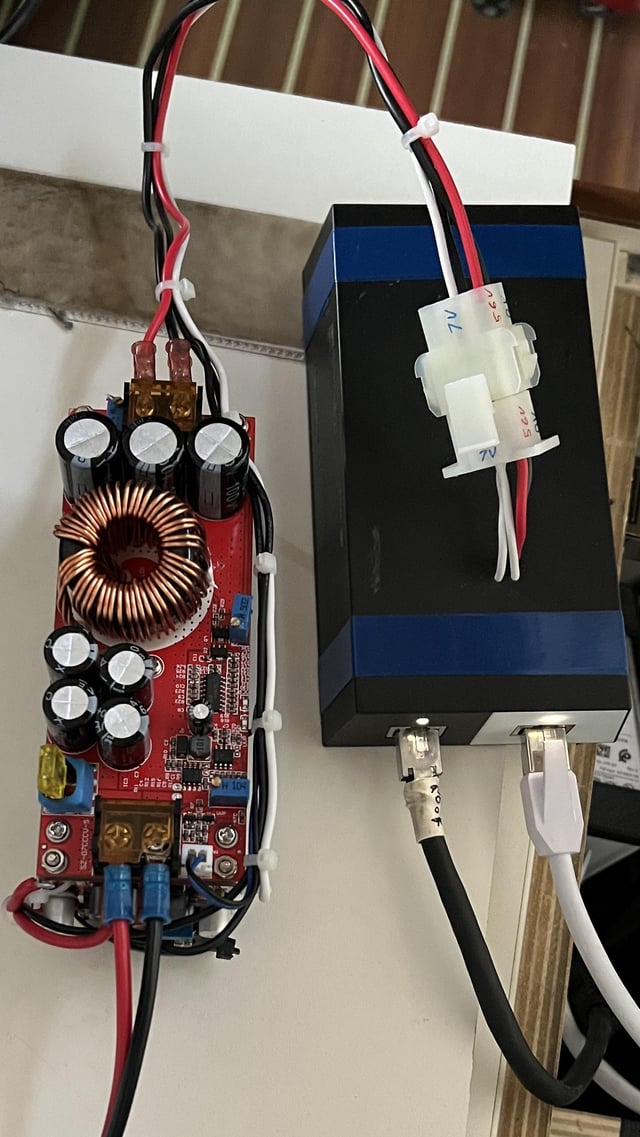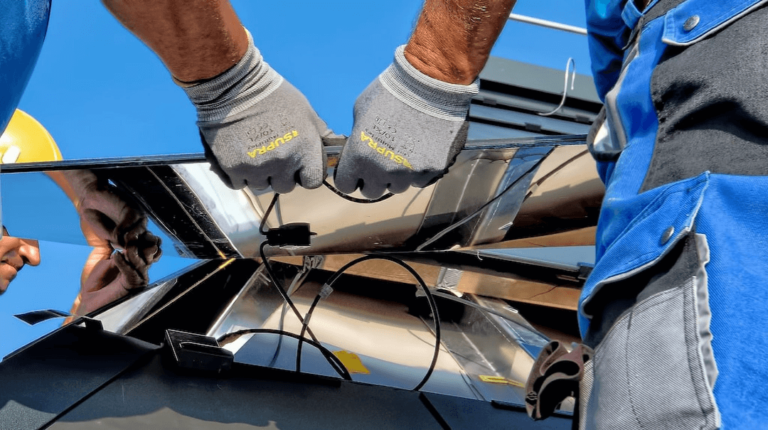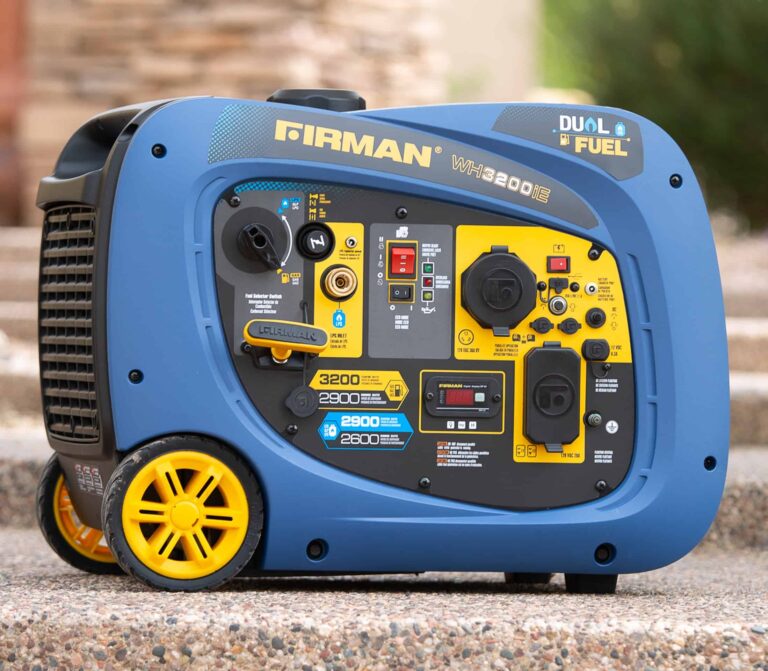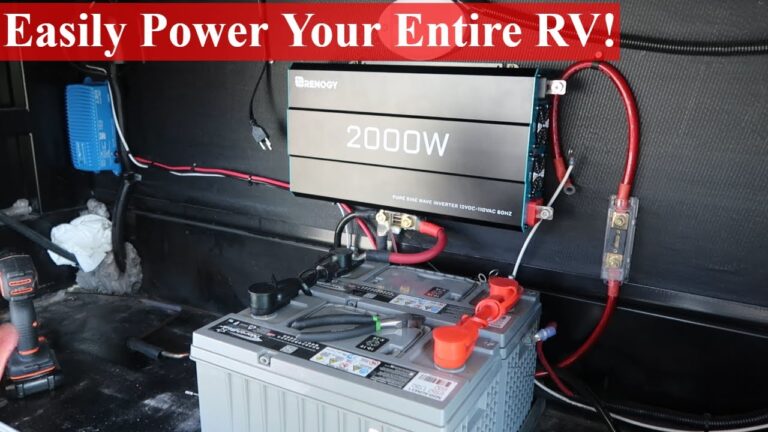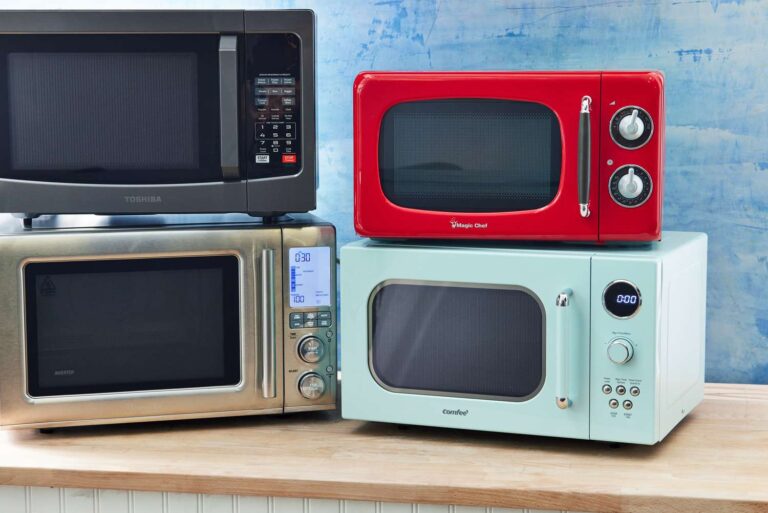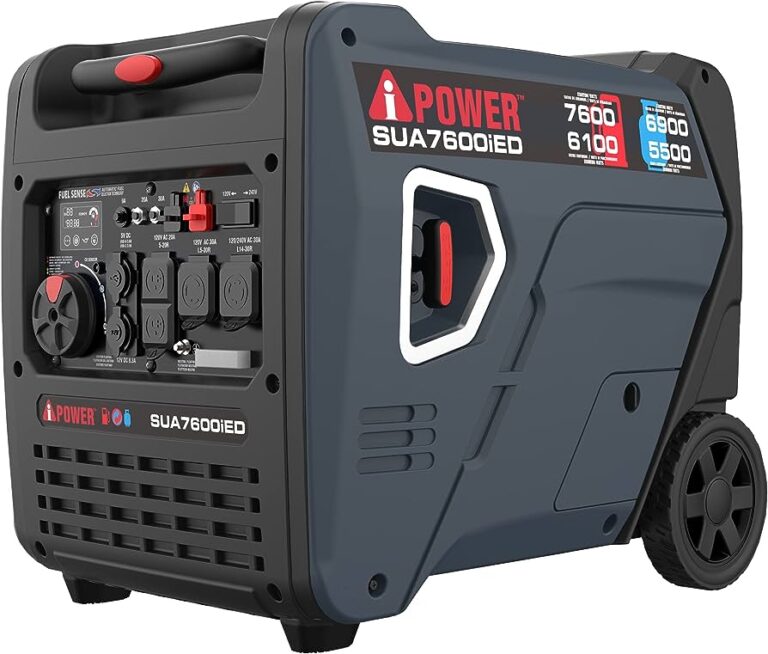Does My RV Have an Inverter Or Converter? Unveiling the Power Source
Your RV may have either an inverter or a converter. A converter is used to transform electric power from one form (AC or DC) to another form (AC or DC), while an inverter converts DC power into AC power.
Understanding The Power Source In An Rv
Understanding the power source in an RV is crucial for any RV owner. There are two types of power sources: inverters and converters. These sources differ in terms of functionality. A converter is a device that can transform electric power from one form to another, such as AC to DC or vice versa.
On the other hand, an inverter is a power electronic converter that converts DC power into AC power. Knowing whether you have an inverter or converter is essential because it determines how you can power your RV appliances. If you have an AC power source and need to power your DC appliances, you will need a converter.
Conversely, if you have a DC power source and need to power your AC appliances, you will require an inverter. Understanding the distinction between the two is vital for efficiently managing your RV’s power supply.
Credit: www.reddit.com
What Is A Converter And How Does It Work?
A converter is a power-electronic device that transforms electric power from one form (AC or DC) to another form (AC or DC). On the other hand, an inverter is a type of power electronic converter that converts DC power into AC power.
The main difference between the two is that a converter can transform power from one form to another, while an inverter specifically converts DC power to AC power. When it comes to RVs, converters are commonly used to connect AC or DC power to appliances.
If you have an AC power source and need to power your DC appliances, you would need a converter to transform the AC power to DC. On the other hand, if you have a DC power source and need to power AC appliances, you would need an inverter to convert the DC power to AC.
What Is An Inverter And How Does It Work?
An RV inverter is a device that converts direct current (DC) power into alternating current (AC) power. It is essential for providing power to AC appliances in an RV. Instead of relying solely on the RV’s battery or the need for an external power source, an inverter allows you to power your AC appliances using your RV’s DC power supply.
This means you can use appliances like microwaves, coffee makers, and televisions while on the road, without needing to plug into an electrical hookup. Inverters are particularly useful for boondocking or camping off-grid, where access to traditional power sources may be limited or unavailable.
So, if you’re wondering whether your RV has an inverter or converter, understanding the purpose and functionality of an inverter is important.
Key Differences Between An Inverter And A Converter
When it comes to the key differences between an inverter and a converter, it primarily lies in their functions and purposes. A converter is designed to convert AC power to DC power, while an inverter transforms DC power into AC power.
The decision on which one your RV needs depends on your power requirements. If you have AC power and need to power your DC appliances, a converter is necessary to convert the power source. On the other hand, if you have DC power and want to use AC appliances, an inverter is essential.
Understanding these differences is crucial in ensuring the proper functioning of your RV’s electrical system.
Identifying If Your Rv Has An Inverter Or Converter
Identifying if your RV has an inverter or converter can be done by checking your RV’s electrical system. First, locate the inverter or converter unit, which is usually found near the power distribution panel. Once you’ve found the unit, take note of any indicators or labels that provide information about its function.
This can help you determine if it’s an inverter or converter. Keep in mind that a converter is used to transform AC power to DC power, while an inverter converts DC power to AC power. Understanding these indicators or labels can be crucial in knowing what type of unit your RV has and how it functions.
Advantages And Disadvantages Of Having An Inverter In Your Rv
Having an inverter in your RV comes with its advantages and disadvantages. The benefits of having an inverter include the ability to power your DC appliances using an AC power source. This is useful if you have AC power available but need to run your DC appliances.
Additionally, an inverter allows for more flexibility in using different types of electrical appliances in your RV. However, there are some downsides to using an inverter. It can be expensive to install, and it may draw more power from your battery, reducing its lifespan.
Additionally, inverters can generate heat and noise, which can be bothersome in a small RV space. When deciding to install an inverter in your RV, it’s important to consider factors such as your power needs, budget, and the size of your RV.
Advantages And Disadvantages Of Having A Converter In Your Rv
Having a converter in your RV comes with several benefits. Firstly, it allows you to convert AC power to DC power, which is essential for powering your DC appliances. Additionally, a converter helps to regulate the voltage and prevent any damage to your electrical devices.
It also ensures that your batteries are constantly charging, keeping them in good condition. However, there are some limitations to using a converter. For example, it may not be able to handle heavy loads and may cause a drop in voltage.
It is important to consider factors such as the size and capacity of the converter when selecting one for your RV. Overall, having a converter is advantageous for maintaining a reliable and efficient electrical system in your RV.
Choosing The Right Power Source For Your Rv
Understanding the electrical requirements of your appliances is crucial when choosing the right power source for your RV. Assessing your power needs is the first step in making an informed decision based on your RV lifestyle. It’s important to note that a converter is a power-electronic device that transforms electric power from one form (AC or DC) to another form (AC or DC).
On the other hand, an inverter is a type of power electronic converter that converts DC power into AC power. So, if you have an AC power source and need to power your DC appliances, you will need a converter to transform your AC power source to DC.
Troubleshooting Common Issues With Inverters And Converters
Troubleshooting common issues with inverters and converters can be a daunting task, but it is essential for RV owners. Identifying common problems with these devices is the first step in resolving any issues. Whether it’s a malfunctioning inverter or converter, the key is to follow troubleshooting steps for each problem.
This can include checking for loose connections, inspecting fuses and breakers, and ensuring proper operation of the water heater. However, it’s important to note that some issues may require professional help. Seeking the assistance of a trained technician can save time and prevent further damage.
So, if you’re experiencing any problems with your RV’s inverter or converter, take the necessary troubleshooting steps and don’t hesitate to reach out for professional assistance when needed.
Frequently Asked Questions On Does My Rv Have An Inverter Or Converter
How Do I Know If My Camper Has A Converter?
To determine if your camper has a converter, check if it has a power distribution panel. RVs typically have converters installed, and it is recommended to have one. Inverters, on the other hand, are not as essential.
What Is The Difference Between A Power Converter And An Inverter?
A power converter transforms electric power from one form to another, while an inverter converts DC power into AC power.
Does Every Camper Have A Converter?
Yes, every camper has a converter. Inverters are not essential but recommended.
Do I Need An Inverter Or Converter?
Inverter or converter? If you have an AC power source and need to power your DC appliances, you need a converter. Inverter converts DC to AC.
Conclusion
Understanding the difference between an inverter and a converter is crucial for RV owners. While both devices play a role in converting electrical power, they serve different purposes. A converter is used to transform AC power to DC power, making it essential for powering DC appliances with an AC power source.
On the other hand, an inverter converts DC power to AC power, allowing you to power AC appliances using DC power. In most cases, all RVs come equipped with a converter, as it is necessary for charging batteries and running DC appliances.
Inverters, on the other hand, are not as essential but can be useful for powering AC appliances when connected to a DC power source. It is recommended to have a converter in your RV, but the need for an inverter depends on your specific power requirements and preferences.

